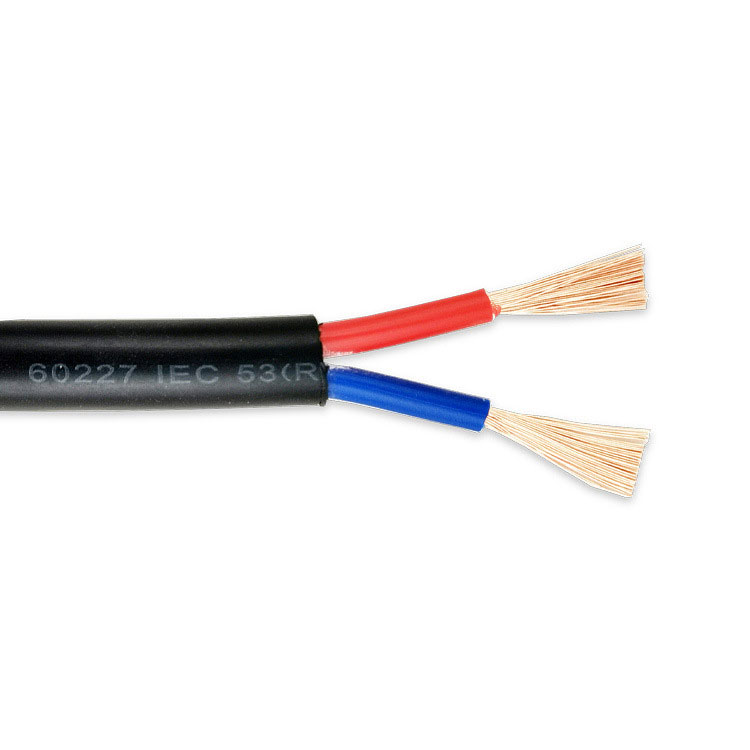The Versatile Applications and Diverse Specifications of Wholesale Wire and Cable Products
2024-06-07
In the realm of wholesale distribution, wire and cable products play a pivotal role in connecting and powering various systems and devices. These products come in a wide range of materials, sizes, and configurations, each tailored to meet specific applications and requirements. Let's delve into the main applications of wire and cable products in wholesale and how they differ in terms of specifications and requirements.
Electrical Wiring and Power Distribution
One of the most common applications of wire and cable products is in electrical wiring and power distribution. In this field, cables are used to transmit electricity from power sources to various devices and appliances. These cables typically require high electrical conductivity, durability, and resistance to heat and fire. Copper and aluminum are common materials used in these cables due to their excellent electrical properties.
Telecommunications
Telecommunications is another significant application of wire and cable products. From telephone lines to fiber optic cables, wires and cables are essential for transmitting voice, data, and video signals. Telecommunication cables require high bandwidth, low signal loss, and resistance to electromagnetic interference. Fiber optic cables are particularly popular in this field due to their ability to transmit signals over long distances with minimal loss.
Industrial Applications
Wire and cable products also find extensive use in industrial applications. In factories, plants, and other industrial settings, cables are used to power machinery, control systems, and other equipment. These cables must be able to withstand harsh environmental conditions, such as high temperatures, chemical exposure, and mechanical stress. Steel and stainless steel cables are commonly used in industrial applications due to their strength and durability.
Automotive Wiring
Automotive wiring is another area where wire and cable products play a crucial role. Automotive cables are used to connect the various electrical components in a vehicle, including the battery, starter motor, lights, and other accessories. These cables must be able to withstand vibration, temperature fluctuations, and other factors unique to the automotive environment. Aluminum and copper are common materials used in automotive wiring due to their electrical conductivity and ductility.
Specifications and Requirements
The specifications and requirements of wire and cable products vary significantly depending on their application. For example, electrical wiring cables must meet specific electrical conductivity and insulation requirements to ensure safe and efficient power transmission. Telecommunication cables require high bandwidth and low signal loss to maintain clear and reliable communications. Industrial cables must be able to withstand harsh environmental conditions and mechanical stress, while automotive cables must be able to function reliably in a vibrating and temperature-fluctuating environment.
In addition, the size, length, and type of connector also vary depending on the application. For instance, power cables used in high-voltage applications require larger diameters and thicker insulation, while flexible cables used in robotics and automation systems require small diameters and high flexibility.
In conclusion, wire and cable products play a crucial role in a wide range of applications in wholesale distribution. From electrical wiring and power distribution to telecommunications, industrial applications, and automotive wiring, these products enable the connection and powering of various systems and devices. Understanding the specifications and requirements of each application is essential for selecting the right wire and cable products for your needs.



